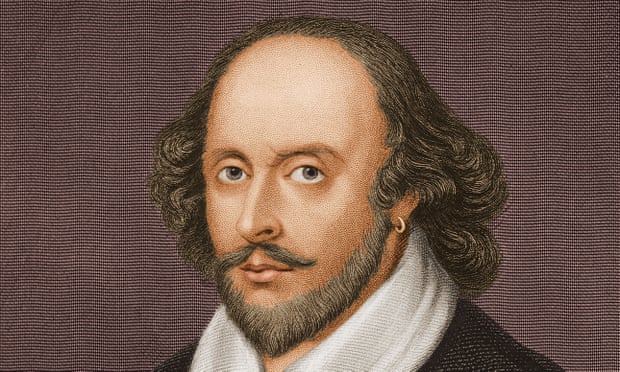April 23, was the anniversary of William Shakespeare's death. (400 years ago). This is my contribution to commemorating this quadricentenary. Let's kick things off with this quick video I made on The Best Way to Experience Shakespeare.
Enjoy with with a tankard of Metheglin or Malmsey.
When Rivalry Begets Tragedy: The Astor Place Riot | |
| In the 21st century, it’s difficult to imagine a theatrical performance sparking a riot. And the rowdiest of modern entertainments (like concerts or football matches) are only likely to produce mosh pits or individual exchanges of fisticuffs at worst. Perhaps that’s why the Shakespearean kerfuffle that sparked the Astor Place Riot stands out so noticeably in the historical record. | |
The Fantastical Strangeness of William Shakespeare | |
| The literary establishment’s skepticism about the fantastic is a recurring theme through history, of course, as is evidenced by Tolkien’s frustration over academia’s refusal to talk about the monsters in Beowulf as monsters, so one can be forgiven for forgetting just how central the fantastic and outlandish is to Shakespeare. | |
Did Shakespeare Really Write His Plays? | |
| The life of Shakespeare is shaped by two major qualities: excellence and obscurity. For this reason, his biography has been subject to much scrutiny and speculation. The central question that plagues the legacy of Shakespeare is a famous one, and gets down to the reality of the figure himself. Did Shakespeare, the great poet and dramatist, really exist as we know him? | |
Sooner or Later, Shakespeare Will Describe Your Life | |
| I don’t remember which of Shakespeare’s plays I read first, but I do remember the first performance I watched, start to finish: it was Kenneth Branagh’s Henry V, playing on the TV when I was eleven and my dad was deployed in Desert Storm. I didn’t understand everything that was going on, and couldn’t have if I’d only read it. But because performance can energize and interpret the play for me, in specific ways, I was able to understand this play was about war, and it was about why men fight in wars. The monologue that made an unforgettable impression on small Tessa wasn’t from the Crispin’s Day speech. It was one spoken by a soldier with whom the king is conversing about the just nature of his war. | |
The Game Is Up: Shakespeare's Language Not As Original As Dictionaries Think | |
| Shakespeare did not coin phrases such as “it’s Greek to me” and “a wild goose chase”, according to an Australian academic David McInnis. He claims literary bias by first editors of Oxford English Dictionary has credited Shakespeare with inventing phrases in common Elizabethan use. | |
Speaking Shakespeare with Prisoners & Posh Girls | |
| The room I’ve just entered contains one armed robber, a couple of drug dealers, several violent criminals and other chaps guilty of various offences I never find out about. But when I enter the room I know nothing about anyone. I just see ten men sprawled in chairs. They stare at me, each one looking like he's thinking, ‘What the hell is this all about?’ | |
38 Facts About Shakespeare’s 38 Plays | |
| 38 facts, stats, anecdotes and origins about his 38 plays. | |
Could William Shakespeare Have Been Catholic? | |
| The answer to our title question today is, yes. He could have been. Do we know for certain? No, of course not. However, that will not stop us from diving into some of the speculation surrounding the Bard’s religion. Numerous researches and scholars have put forth arguments for why they believe Shakespeare was Catholic. Here’s a roundup of some of the most interesting evidence (with conclusions of our own as to why any of this matters). | |
Want to be part of the conversation? Like my Facebook page The BistroMath
Liked what you read? Want to known when new posts are up?
Liked what you read? Want to known when new posts are up?
Follow me on Twitter or Google+, click on the images below.







Comments
Post a Comment
Feedback is welcome.